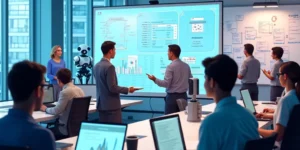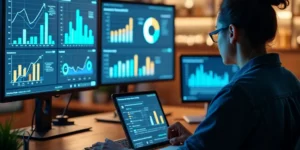AI FARM
SPECIAL ★
THE AI REVOLUTION
How artificial intelligence is transforming rooftop farms into autonomous food factories
Sarah Chen checks her smartphone from her Brooklyn apartment, monitoring rows of vibrant lettuce, tomatoes, and herbs growing on a warehouse rooftop three miles away. She hasn't visited the farm in days—her AI system handles everything autonomously, producing 50,000 pounds of produce annually!
The technology isn't science fiction—it's happening now. What began as manual urban farming has evolved into AI-driven agricultural systems, with smart rooftop farms deploying machine learning algorithms across over 100 major cities worldwide to optimize every aspect of plant growth!
"We're essentially running data centers that grow food," Chen explains, reviewing real-time analytics on her dashboard. "Over 500 IoT sensors feed data into our AI models every second—soil moisture, pH levels, temperature, light exposure. The system makes thousands of micro-adjustments daily that would be impossible for humans!"
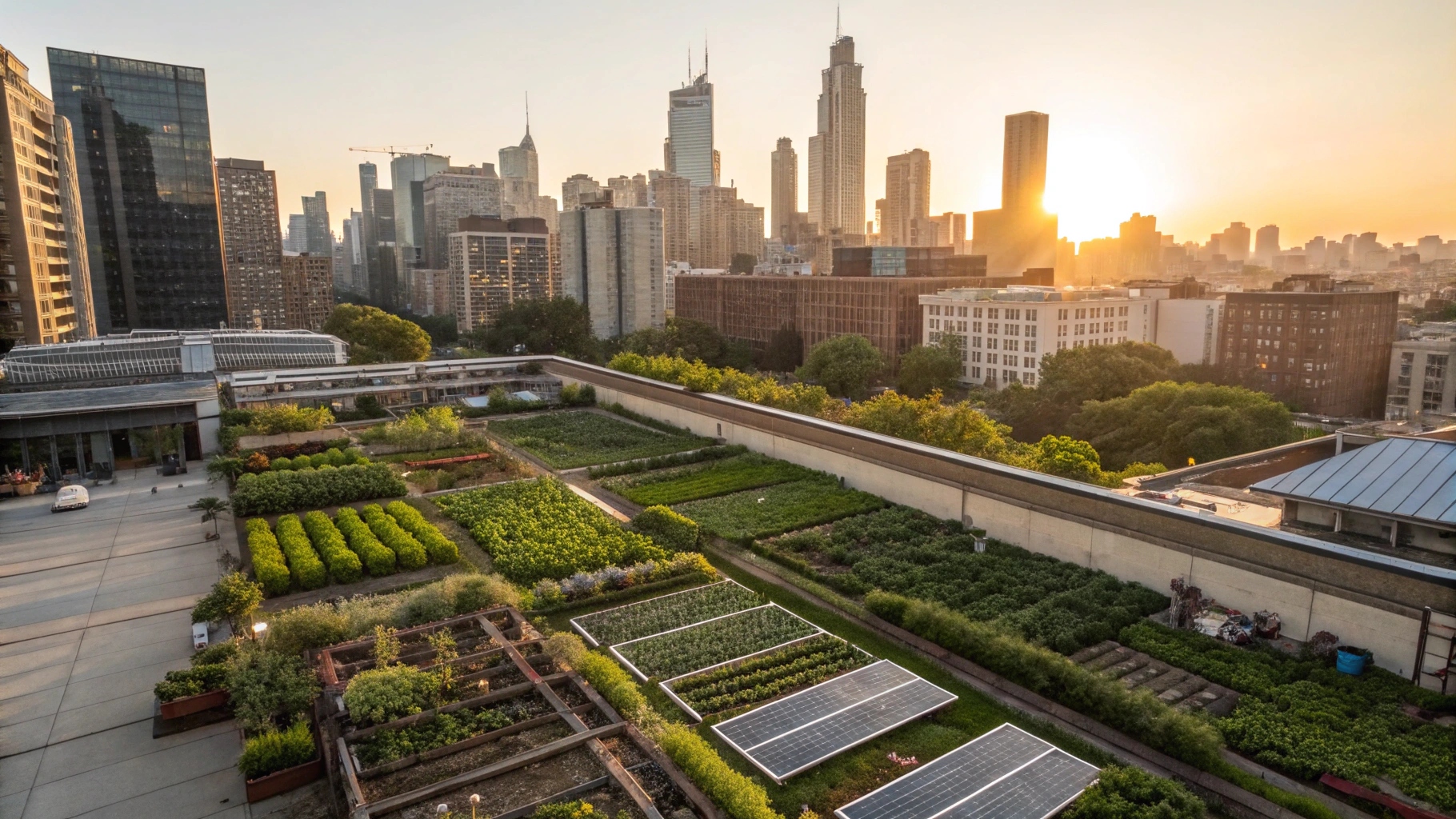
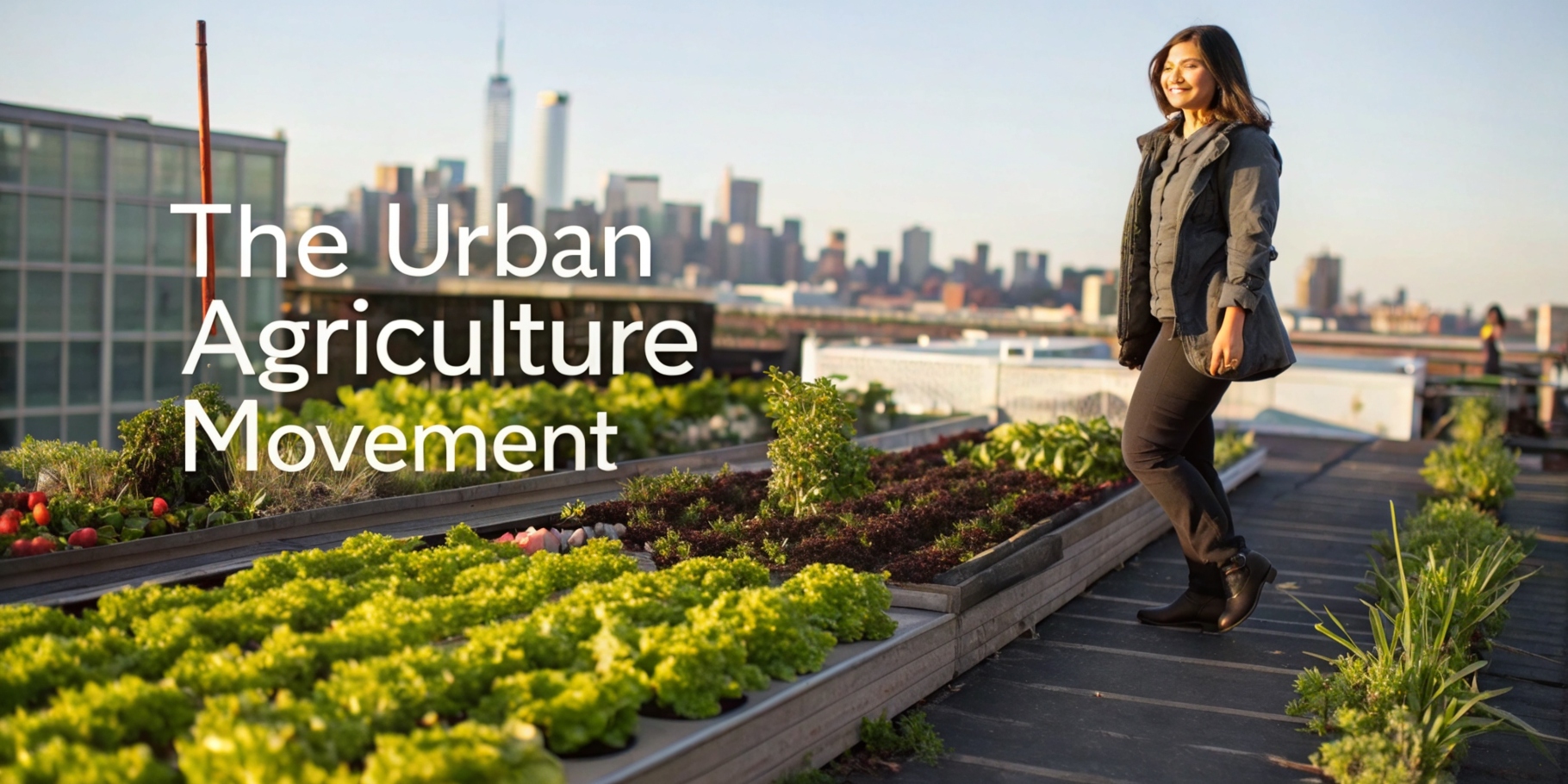
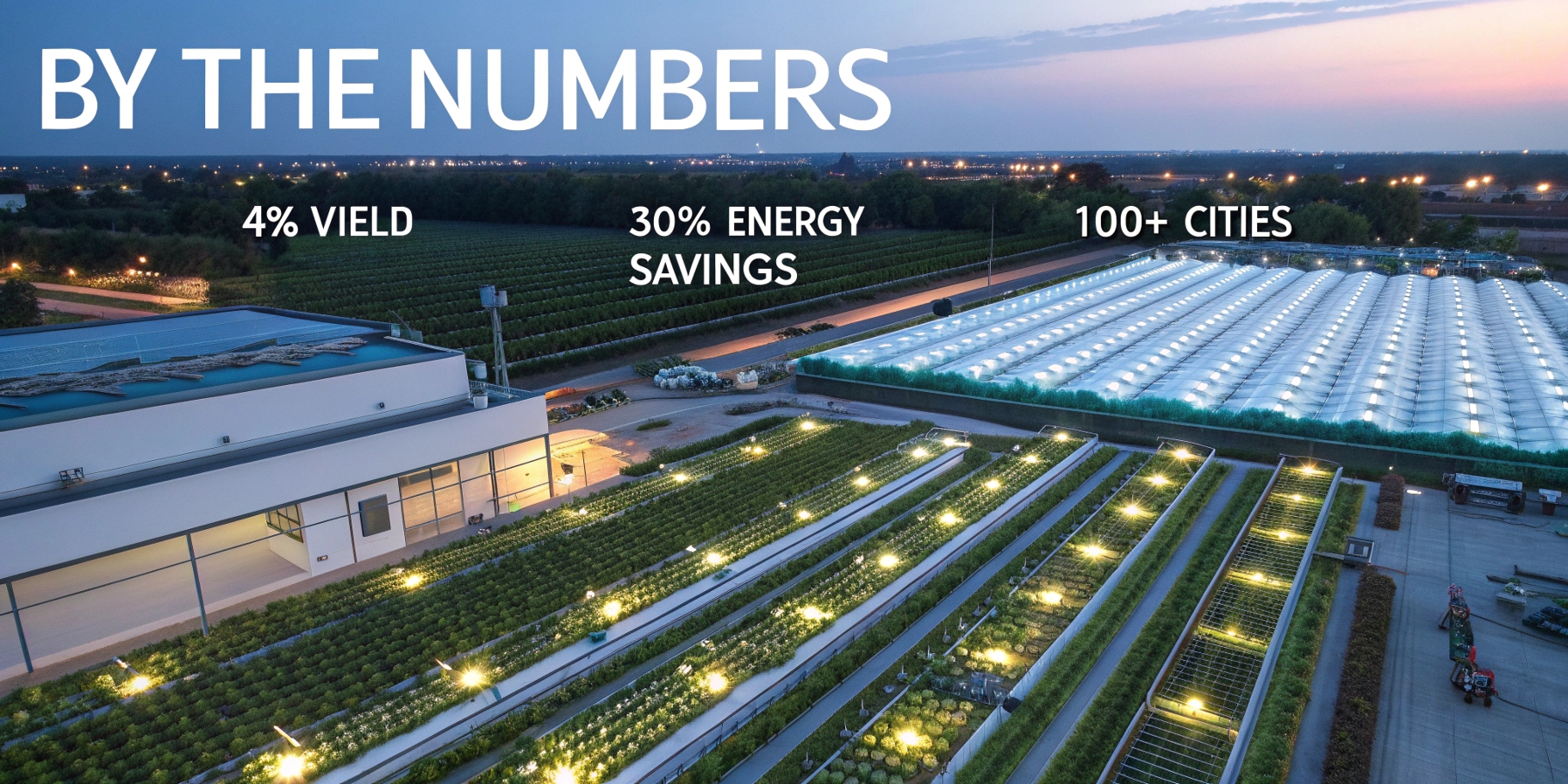
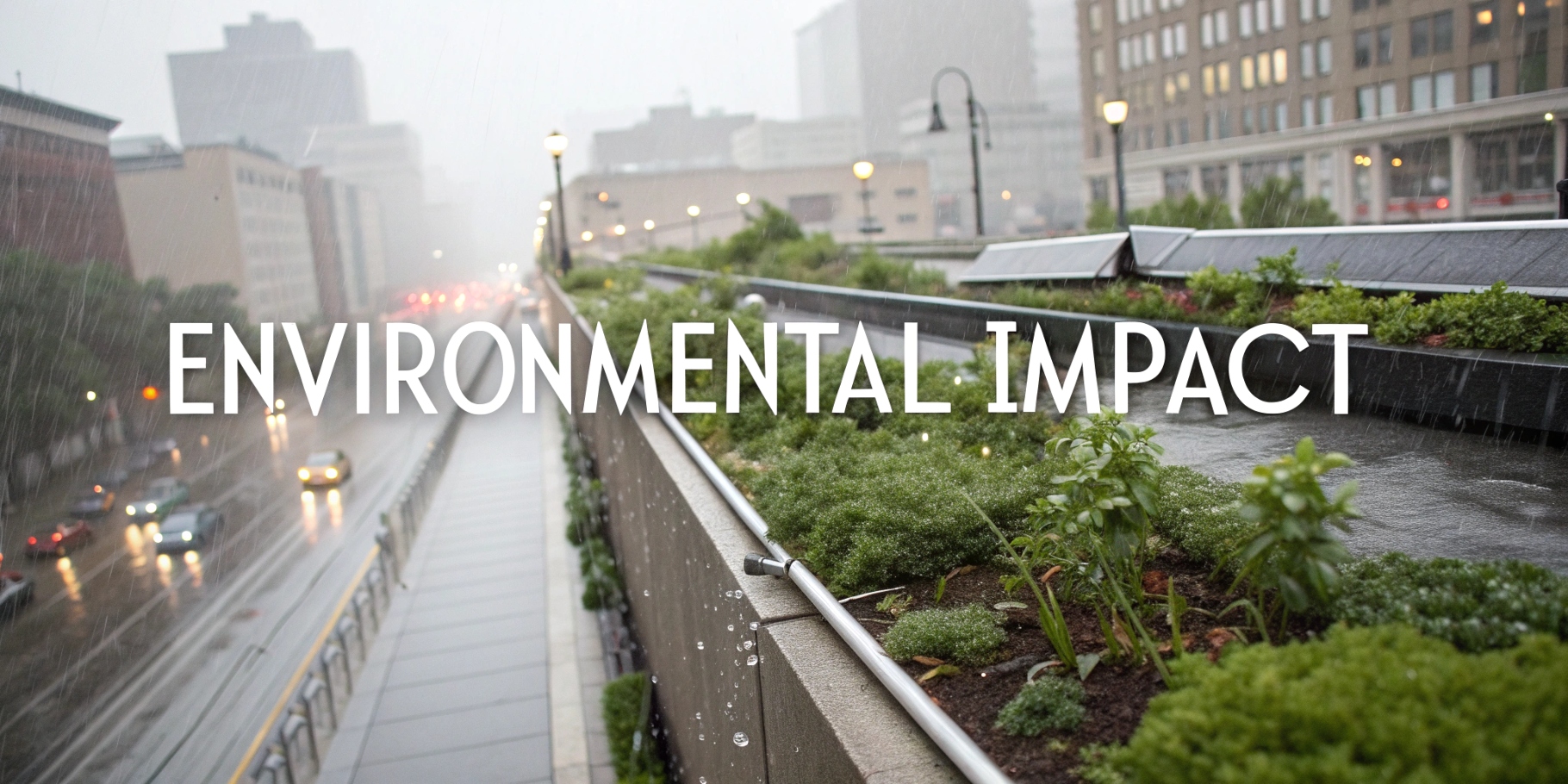
The AI performance metrics are stunning. Machine learning models predict optimal harvest times with 98% accuracy, while computer vision systems detect disease or nutrient deficiency up to two weeks before visible symptoms appear. This prevents crop loss and maximizes yield automatically!
Deep learning algorithms control precision irrigation systems that analyze weather forecasts, evapotranspiration rates, and individual plant needs in real-time. The AI adjusts watering schedules every 15 minutes, reducing water usage by 90% compared to traditional farming while improving plant health dramatically!
The AI economic advantage is undeniable. While initial sensor networks and ML infrastructure cost more upfront, farms achieve profitability 40% faster than manual operations. Predictive maintenance algorithms prevent equipment failures, and automated harvesting recommendations optimize labor costs significantly!
As Chen reviews her weekly AI performance report, she smiles at the data: "Five years ago, I spent 60 hours a week on the roof. Now the AI handles routine decisions, and I focus on strategy and expansion. We're not replacing farmers—we're empowering them with superintelligence. The question isn't whether AI will transform urban agriculture—it's already HAPPENING!"






